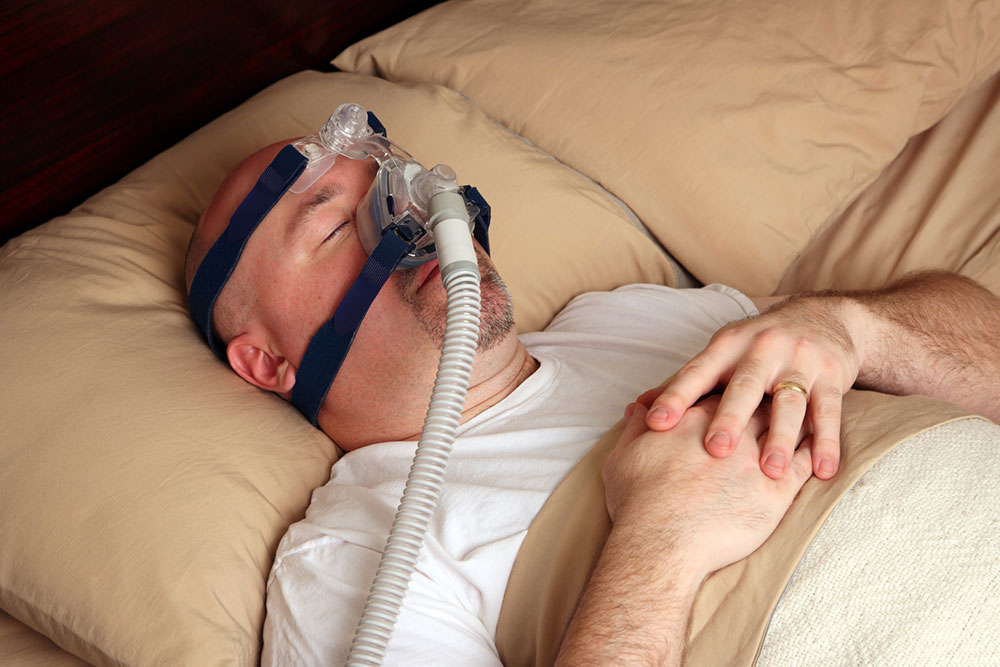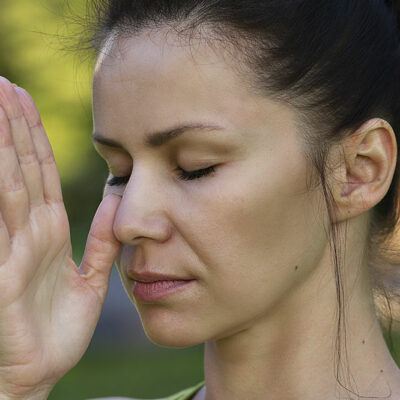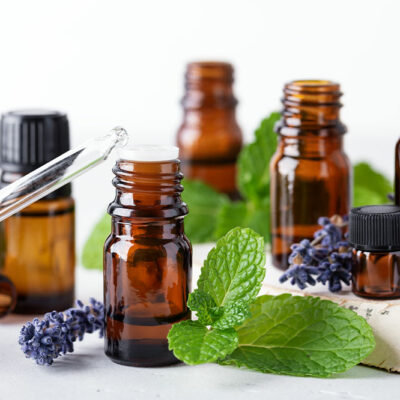11 common mistakes people with sleep apnea should avoid

One might have a healthy meal plan and exercise regularly, but all such efforts are in vain without proper sleep. Because sleep is indispensable, diagnosing sleep conditions early and following a systematic treatment course is important. Sleep apnea is one such condition in which one’s breathing stops during sleep. Often, it causes symptoms like snoring and fatigue. Alongside consulting a doctor, avoiding some mistakes during treatment can help control the symptoms.
Not having a fixed sleep schedule
A healthy sleep schedule is the cornerstone to speedy recovery from sleep apnea. Although a healthy sleep pattern doesn’t suffice alone, it is essential in helping one feel refreshed and reducing fatigue. So, it is a good idea to sleep and wake up at fixed times as far as possible, ensuring that one gets at least seven to eight hours of sleep at night . To help the body get accustomed to this schedule, one should follow certain healthy sleep practices, such as staying away from gadgets and electronic devices before bedtime, investing in a comfortable mattress, and sleeping in a dark room.
Not having the right sleeping position
C hanging one’s sleep position might help control sleep apnea symptoms. The best sleep position for those with sleep apnea is to sleep on one’s side with one’s back straight. This way, the airways remain open even when one is asleep, reducing snoring. It is a useful tip for mild sleep apnea.
Using poor-quality pillows
Substandard pillows don’t support the back and neck, which can cause soreness in these parts and aggravate sleep apnea symptoms, such as fatigue. It also causes severe body pain, which can worsen apnea. To avoid such problems, one should invest in comfortable pillows with the correct height and thickness to support one’s body posture well.
Using the CPAP machine incorrectly
A continuous positive airway pressure (CPAP) machine is a mask that increases air pressure in the airways. Essentially, this pressure ensures the back of one’s throat is open when one is asleep since the throat muscles typically relax during this time, and there’s a possibility of an apnea episode. Some best practices when using the CPAP machine are to find a mask that meets one’s requirements, wash one’s face before putting it on, and clean the machine regularly. Also, one should have the CPAP mask on for at least four hours every night.
Forgetting to humidify one’s room
A humidifier is crucial when one is recovering from this condition. One may experience dry mouth because of sleep apnea as well as the use of a CPAP machine. A humidifier helps control this symptom by increasing humidity in the room and keeping the mouth and airways moist.
Leading a sedentary lifestyle
Exercise helps one get rid of excess fat around one’s airways, which helps with reducing sleep apnea symptoms like snoring. Also, having a lower BMI can help increase one’s energy levels and eliminate fatigue, another major symptom of the condition. So, it’s important to accommodate physical activities like cardio, strength and weight training, and pilates and yoga to heal from sleep apnea more effectively. If one has to sit before a computer or laptop for long hours, one should rise intermittently, stretch, and walk about.
Not treating nasal congestion
Nasal congestion is not a cause or symptom of sleep apnea. Still, because patients with this condition are already vulnerable to breathing problems, the situation worsens if the nasal passage is blocked. So, one should treat nasal congestion immediately by sipping on warm water and other warm liquids, practicing steam inhalation, and installing a humidifier. It is also essential to inform one’s doctor about such health issues as soon as possible.
Neglecting food and nutrition
When recovering from sleep apnea, one needs to focus on having healthy meals because an unhealthy lifestyle can severely aggravate its symptoms. The best bet is to have wholesome, complete meals with all the required nutrients, including healthy carbs and fats, proteins, vitamins, and minerals. A food regime that incorporates fruits and vegetables, lean protein sources, whole grains, and lentils in the required quantities can help the body recover faster and better from sleep apnea.
Having less water
As mentioned before, sleep apnea is linked to dry mouth, which aggravates when using a CPAP machine. The best way to control this symptom is to stay as hydrated as possible, especially before going to bed. Staying hydrated can also help prevent muscle cramps, which can further disturb one’s sleep.
Leading a stressful life
Although stress isn’t a direct cause of sleep apnea, it can worsen its symptoms and discomfort. So, it’s best to identify the stressors in one’s life – a highly demanding job, too many household responsibilities, family and relationship matters, etc. – and try to eliminate them, focusing entirely on healing from the condition.
Skipping regular checkups
Sleep apnea treatments are only effective when one is consistent and observant about one’s symptoms. Skipping regular doctor checkups can cause one to overlook any new symptoms of the condition, which can only worsen with time. So, one should schedule regular doctor appointments and make it a point to address all of one’s symptoms and questions during these sessions.








